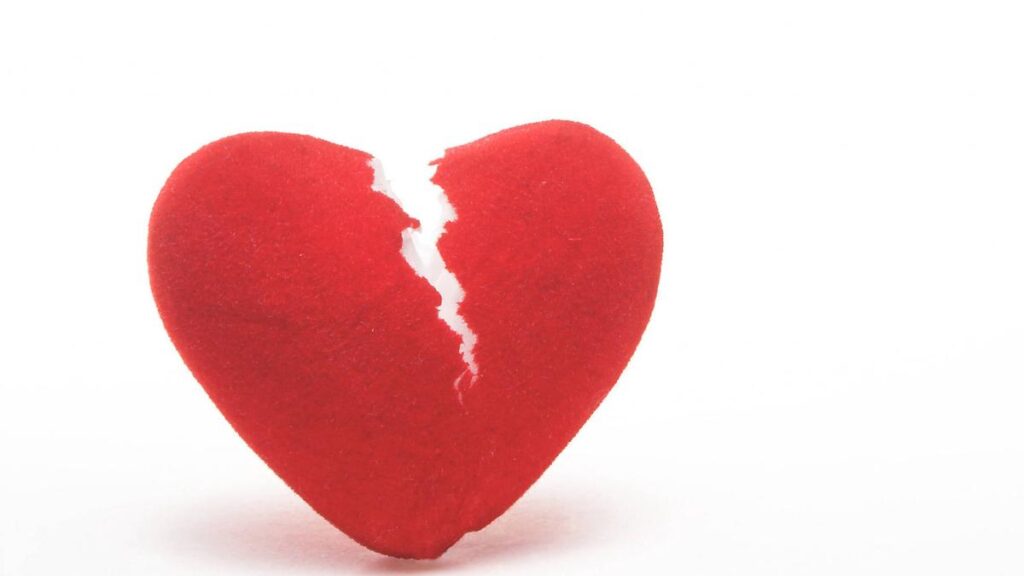
URGENT UPDATE: New research from the University of Guanajuato in Mexico confirms that music can significantly enhance recovery rates for heart patients. A groundbreaking study has revealed that cardiac patients in intensive care who listened to just 45 minutes of soft music daily showed marked improvements in their health compared to those who received no musical intervention.
The clinical trial, involving 24 patients split into two groups, demonstrated that those exposed to quiet music sessions at a volume of about 15 decibels—the equivalent of rustling leaves—experienced lower heart rates, reduced blood pressure, and fewer complications related to ventilators over a five-day period.
Study author and leading researcher Dr. Ilani Pérez stated, “Music therapy has beneficial effects on physiological distress signs such as heart rate and blood pressure. This suggests it can be a non-invasive intervention to improve stability in a high-stress setting such as the cardiac intensive care unit.”
The findings underscore the potential of music as a safe and low-cost addition to conventional treatments. Dr. Pérez emphasized that incorporating music into patient care could be transformative: “By reducing physiological distress and enhancing patient comfort, music therapy ultimately improves both the patient experience and clinical outcomes.”
These insights build on previous research indicating that music can lower stress levels, enhance mood, improve memory and focus, and even bolster the immune system. Experts suggest that the rhythmic patterns in music play a crucial role in regulating the nervous system and eliciting emotional responses that alleviate stress, turning playlists into valuable therapeutic tools.
While traditional interventions such as surgery and medication remain critical for treating heart conditions, this study presents a compelling case for the integration of calming music in recovery protocols. As healthcare providers seek innovative ways to improve patient outcomes, this low-cost strategy could provide significant benefits to those in cardiac care.
Given the urgency of enhancing recovery protocols, healthcare professionals and institutions are urged to consider this evidence. With music therapy’s proven impact on health, the medical community stands at the threshold of a promising new approach to patient care that could elevate recovery and well-being in cardiac patients.
Stay tuned for further developments as more healthcare facilities may begin to implement these findings in their treatment practices. The implications for patient recovery are profound, highlighting a simple yet powerful method to support heart health.






